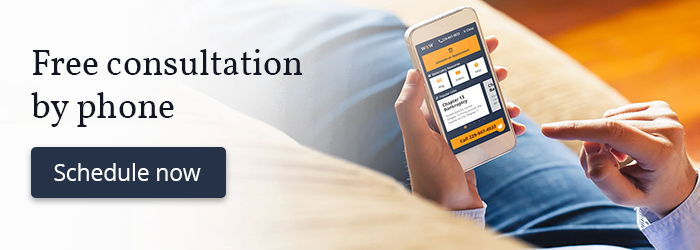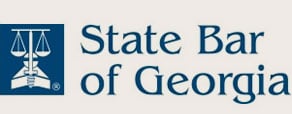If you're still struggling to make ends meet and manage your debt despite the economic relief packages, you're not alone. See how bankruptcy can help.
Bankruptcy and the Pandemic
In early 2020, the COVID-19 pandemic began. As it hit country after country, folks all over the world went into lockdown. With lockdown began a financial crisis – shuttered businesses, devastated economic sectors, and massive unemployment that continues to this day.
If you or other family members lost jobs and income due to COVID-19, you might be facing financial hardship. You may have difficulty paying your rent or mortgage, keeping up with bills, and face struggles due to reduced income every month.
In short, your indebtedness could be rising above your ability to pay it. Stimulus checks might seem like they can help, but they are not a real solution to financial struggles.
Bankruptcy Can Be the Solution
If your debt started or grew during the pandemic, you’re far from alone. Global debt rose to an astonishing $19.5 trillion because of COVID.
No matter how your financial troubles may have started, it is more than likely your situation is worse now. After all, your needs didn’t stop during the pandemic – and could have risen if you were unemployed, incurred medical bills, or needed to use credit cards to get through the period.
People with large amounts of debt, or debt they can’t pay, often feel panic and stress. You’re probably not sleeping much, either. But it doesn’t have to be that way.
If you accrued debt you can’t pay during the pandemic, or your debt grew even larger, bankruptcy can be the solution. Here’s a step-by-step guide on how to overcome your debt from the pandemic.
Assess Your Debt
There’s no substitute for rolling up your sleeves. You need to sit down and understand your debt. It’s not uncommon for people who receive bills they can’t pay or threatening notices to fear looking at their debt. You need to vanquish that fear.
Bankruptcy can be a solution for those overwhelmed by debt, but first, you need to know where you stand.
Assessing your debt is the first step to financial strength. Are you having difficulty paying your monthly bills? Do you have large debts that seem insurmountable?
First, list all your total debts to get a sense of how much you owe. You need to know where you stand.
Second, determine how much your creditors are asking in monthly payments.
Then, assess your income. Do you receive unemployment benefits? Do you currently have a job to tide you over? Can you currently pay your debts? If you received a stimulus check, did it help with your debts?
Assessing your current ability to pay your debts is a crucial step in determining whether you need more help than a stimulus check, personal loan, or extra job can give.
Here are some additional questions to ask:
- Did you lose your job during the pandemic?
- Were you hospitalized with COVID-19 and can’t pay your medical bills?
- Can you only make minimum payments on your credit cards?
- Are bill collectors calling you?
- Do you use credit cards to pay for necessities?
If you’ve answered yes to any of these questions, or your financial situation seems overwhelming, we are here to help.
Understanding Your Options
We understand that bankruptcy can be a scary thought. But it can be a solution to help you achieve financial peace. (No more worrying, lost sleep, or panic).
There are two types of bankruptcy, Chapter 7 and Chapter 13. They accomplish the same thing in different ways. The type of bankruptcy you file depends on the type of debt you have. We can help you determine which is the best fit for your situation.
Your dischargeable debts are consolidated and ultimately discharged in both types of bankruptcy. This might seem like exactly the outcome sought by taking out a personal loan for debt consolidation, but bankruptcy provides additional protections that prevent creditors from harassing you and can allow you to keep your home and other assets.
Consulting with a Bankruptcy Lawyer
A bankruptcy lawyer can help you better understand your financial situation and next steps. They can explain how bankruptcy can help.
If you feel overwhelmed by debt, bring your questions to a bankruptcy attorney. Woodall & Woodall offers a free consultation to discuss your situation. Set your mind at ease by contacting us today.
We’ve helped over 22,000 individuals through bankruptcy. Set up an appointment today for a free consultation to talk with one of our local, caring attorneys.






